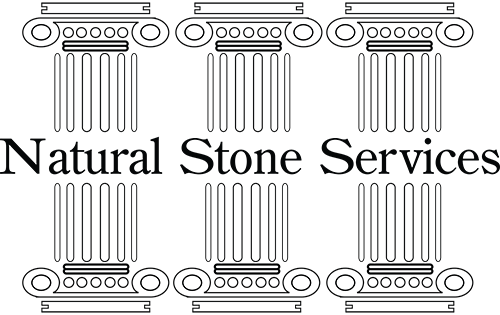Stone countertops are an elegant, timeless addition to any kitchen or bathroom. Whether made from marble, granite, quartzite, or soapstone, natural stone offers unmatched beauty and durability. However, it’s not immune to life’s everyday messes. Spills from wine, coffee, oil, and even water can leave stains—especially if they sit too long or if the stone hasn’t been properly sealed.
So, can you remove a stain from your stone countertop? The answer is: sometimes yes—and sometimes, it’s best to call in the professionals. Let’s break down what kind of stains you might encounter, what you can do at home, and when it’s time to trust an expert like Natural Stone Services.
Understanding the Type of Stain
Not all stains are the same, and not all stones react the same way. Before trying to clean your stone, it’s important to identify what type of stain you’re dealing with and what stone it’s on.
Common Types of Stains:
-
Oil-based stains (grease, cooking oil, makeup)
-
Organic stains (coffee, tea, wine, fruit, leaves)
-
Metal stains (rust from cans, tools, or appliances)
-
Biological stains (mold or mildew)
-
Etching from acids (lemon juice, vinegar, or cleaners on marble)
Porous stones like marble and limestone are more prone to staining and etching, while harder stones like granite offer better resistance—but no surface is completely immune.
What You Can Try at Home
If your stone has been properly sealed and the stain is recent, you may be able to remove it with a gentle, DIY approach. Here are a few safe methods to try based on the stain type:
-
For oil-based stains: Use a poultice made from baking soda and water. Apply it to the stained area, cover with plastic wrap, and let it sit for 24–48 hours. This can help draw the oil out of the stone.
-
For organic stains: A mixture of hydrogen peroxide and a few drops of ammonia can sometimes help, but should never be used on darker stones without testing, as it can lighten the stone’s color.
-
For general grime or food residue: Use a pH-neutral stone cleaner with a soft cloth. Avoid abrasive scrubbers or acidic cleaning agents.
Important: Never use bleach, vinegar, lemon, or store-bought degreasers. These can permanently damage the finish and lead to etching—especially on marble.
When to Call the Professionals
Even with your best efforts, some stains are too deep or stubborn to remove without damaging the stone. And some discoloration might not be staining at all—it could be etching, dullness, or sealant breakdown.
Here are signs it’s time to call Natural Stone Services:
-
The stain hasn’t lifted after DIY methods
-
You see discoloration or rough spots (etching)
-
The surface has lost its shine or appears dull
-
You’re unsure what product to use safely
-
The stain is spreading or worsening
We use professional-grade poultices, pH-balanced cleansers, and industry tools designed to remove stains without harming the stone. For etched or dull surfaces, we also offer honing, polishing, and resealing to fully restore your countertop’s appearance.
Preventing Future Stains
Once your stone is restored, it’s essential to take the right steps to prevent future damage:
-
Seal your countertops regularly—typically once a year for porous stones
-
Use coasters, cutting boards, and trays in high-risk areas
-
Clean spills immediately, especially acidic or oily substances
-
Only use cleaners specifically made for stone
And if you’re unsure when to reseal or how to maintain your countertop properly, Natural Stone Services can guide you through a personalized maintenance plan.
Conclusion: Don’t Let a Stain Dull Your Stone’s Beauty
A stain doesn’t have to mean the end of your beautiful countertop. With the right care—and the right help—you can restore your stone surface to its original elegance. Whether it’s a small wine stain or widespread dullness, Natural Stone Services has the expertise and tools to fix it properly and safely.
Contact us today to schedule a free consultation or stain evaluation.










